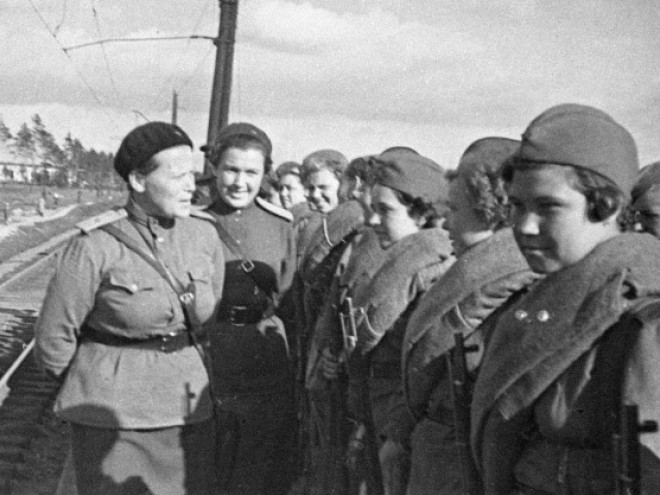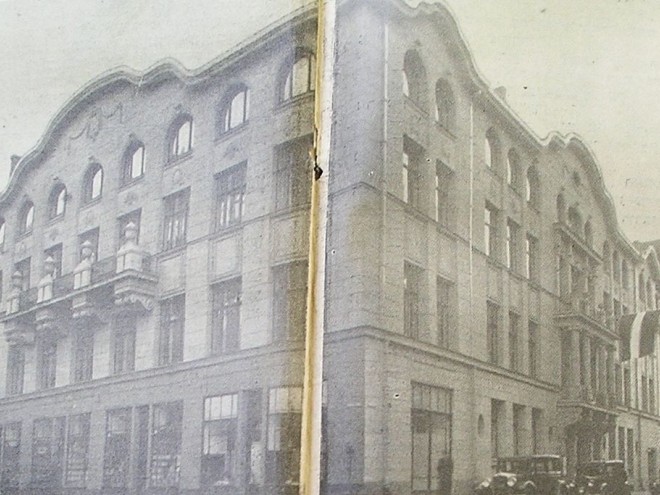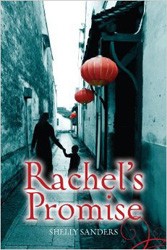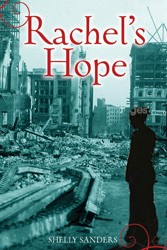- In Rachel’s Secret, readers are ushered into Imperial Russia, the time of the last Tsar. This was a chaotic time, rampant with anti-Semitism, horrible working conditions, and a brutal authoritarian regime. Does the novel’s historical fiction genre make this setting more vivid? If so, how and why? Do you like historical fiction? Why or why not?
- At the beginning of the novel, Rachel thinks back to her favorite book, A Double Life, by Karolina Pavlova, specifically the following passage: “Hold back your passion, stifle its sounds, Teach your tears not to flow. You are a woman! Live without defenses, Without caprice, without will, without hope.” Why does Rachel focus on these particular words? What do they say about a woman’s place in Russia at this time?
- Several threads of the plot resonate in today’s world — women’s rights, propaganda, intolerance, censorship. Discuss how these elements are prominent in your world.
- Do you like the author’s use of two distinct protagonists with their contrary points-of-view?
- What does the following statement mean to you within the context of the story: The Kishinev pogrom was a direct consequence of the propaganda of lies and violence that the Russian government pursues with such energy. –Leo Tolstoy, Bulletin annuel de l’AIU65, 1903
- Both Rachel and Sergei’s relationships with their fathers have profound influences on their decisions. Discuss. Who has influenced major decisions in your life?
- Who changes more as the story unfolds, Rachel or Sergei?
- Discuss the relationship between Rachel and Sergei. How does it change throughout the novel?
Rachel Kamin has been a synagogue librarian and Jewish educator for over twenty-five years and has worked at North Suburban Synagogue Beth El in Highland Park, IL since 2008, currently serving as the Director of Lifelong Learning. A past chair of the Sydney Taylor Book Award Committee and past editor of Book Reviews for Children & Teens for the Association of Jewish Libraries News & Reviews, her articles and book reviews appear in numerous publications. She has been a member of the American Library Association’s Sophie Brody Book Award Committee since 2021.





